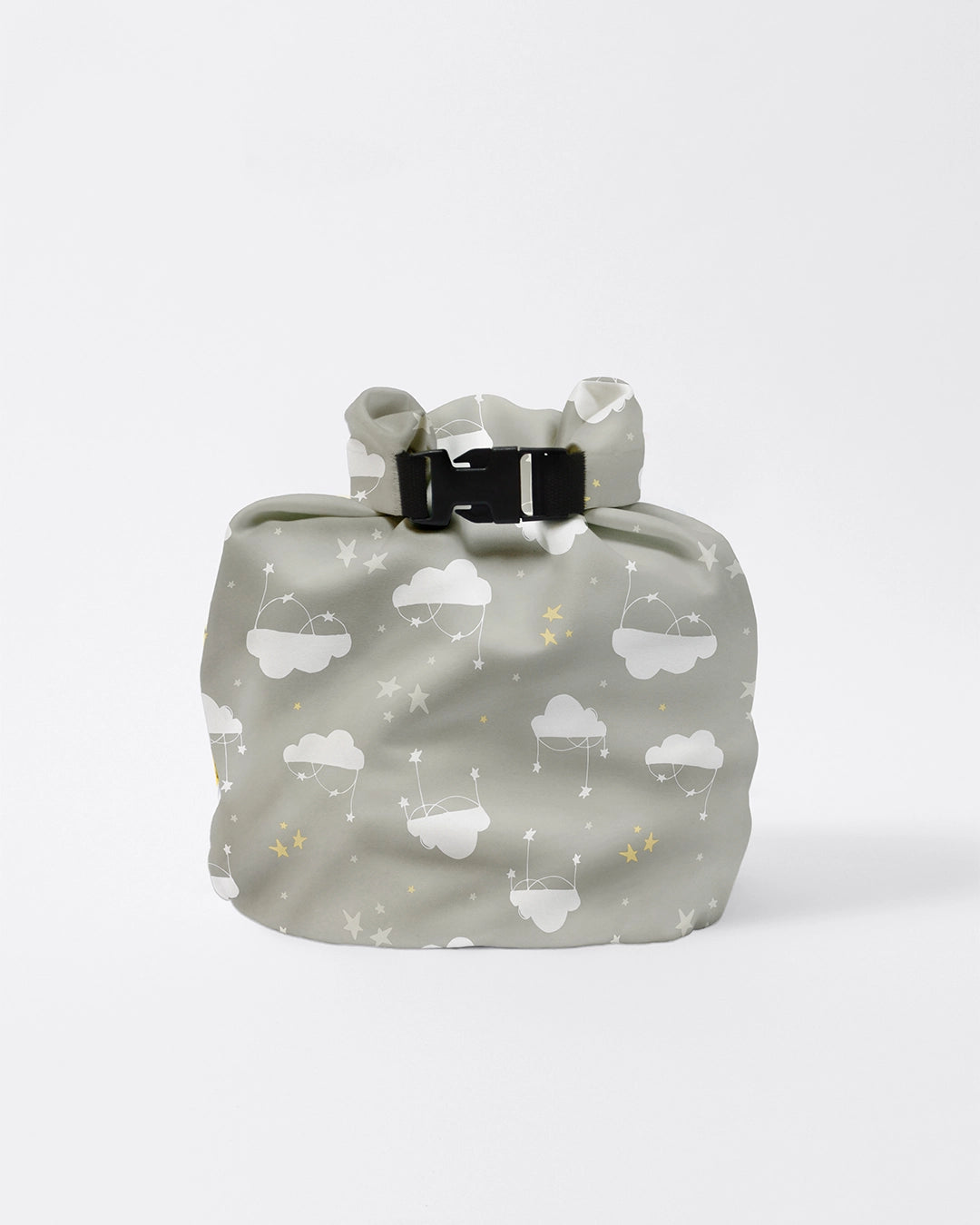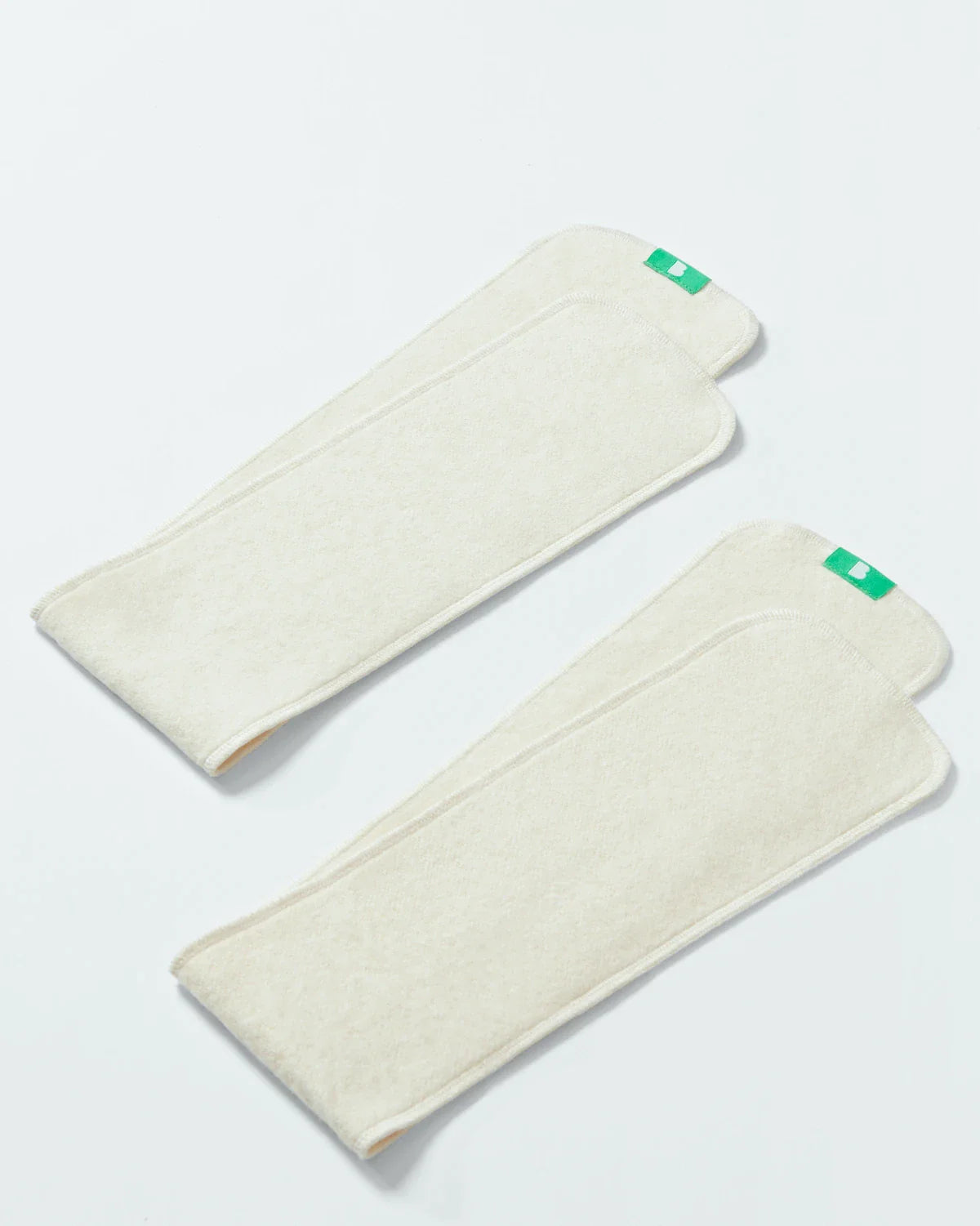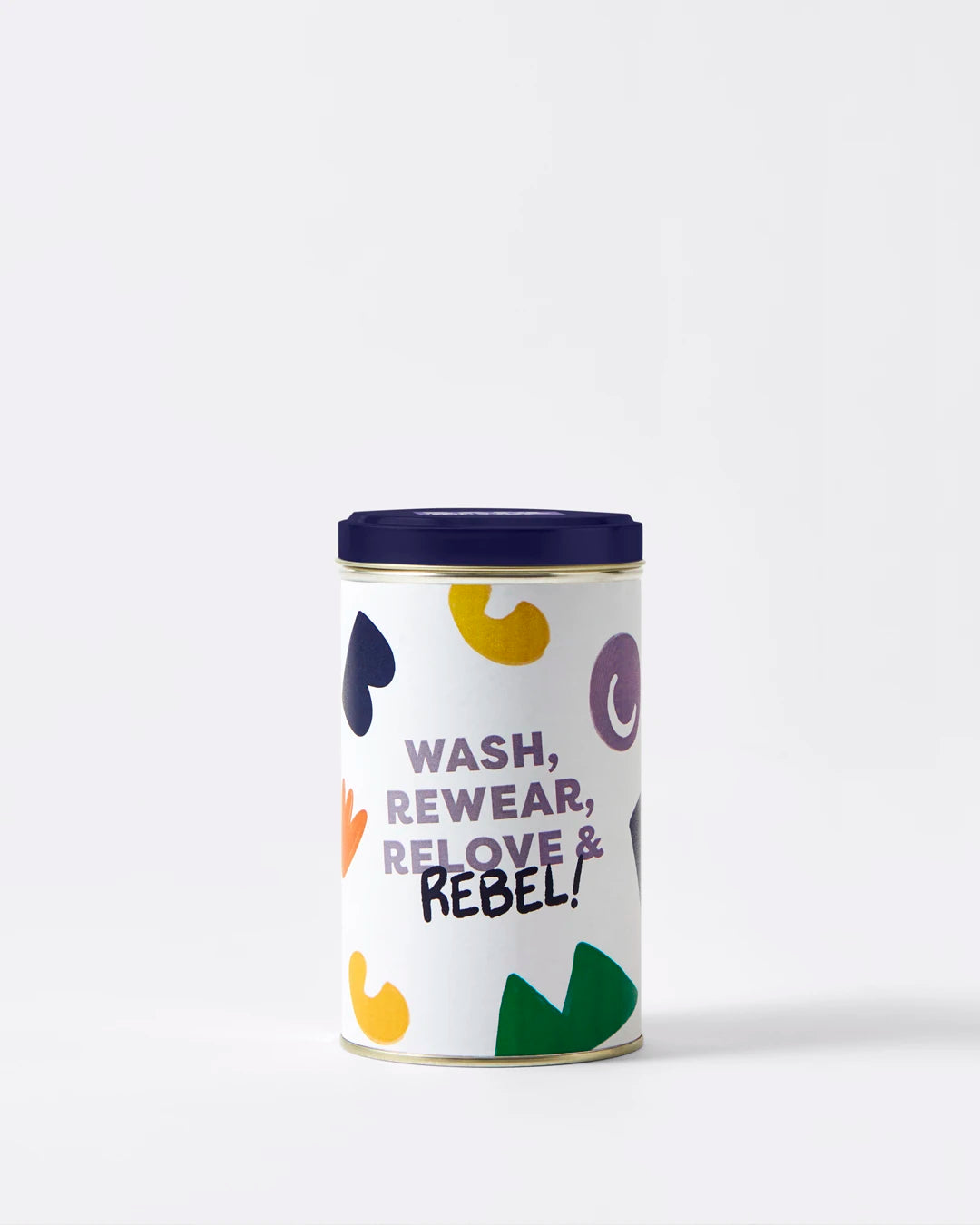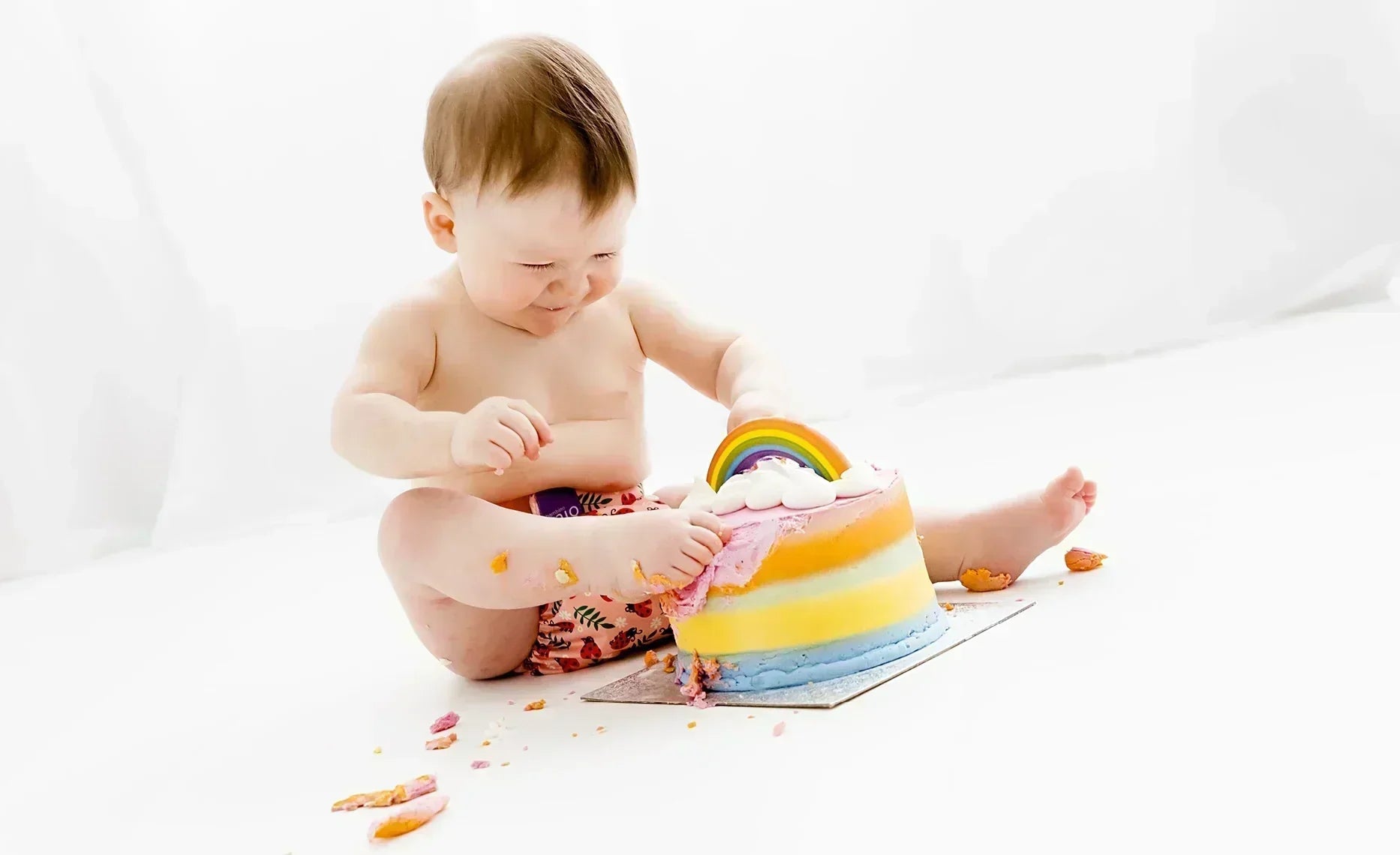Introducing Dairy to Your Baby
Share Options
- Bambino Mio
- 29 / 09 / 2023

For your attention: The nutritional information within this article is intended solely for general informational purposes. It is not to be considered as a replacement for tailored medical advice from a certified healthcare professional. It is imperative to consult with your paediatrician or a qualified medical expert before introducing new food items such as fish or nuts into your infant's dietary regimen, especially if there are pre-existing health concerns or a familial history of allergies.
Inside this Article:
- You can introduce small amounts of dairy milk from the age of six months
- Should I give my baby full-fat or skimmed dairy milk?
- Are there any types of cows’ milk which aren’t suitable for my baby?
- What about alternatives to cows’ milk for my baby?
- Introducing cows’ milk to your baby
- What are the benefits of cows’ milk for my baby
- Citations and References
If you and your baby have started on your weaning journey then you might be wondering when to introduce dairy products to your baby and when they can move onto cows’ milk instead of breast or formula milk.
The NHS advises that babies can drink cows’ milk instead of breast or formula milk from the age of 12 months (1).
Before their first birthday, your baby should only drink breast milk or infant formula because cows’ milk doesn’t have enough of the nutrients, such as iron, that your baby needs to grow and thrive.
You can introduce small amounts of dairy milk from the age of six months
This NHS advice doesn’t mean that you can’t give your baby any dairy products at all before they turn one. You can mix small amounts of cows’ milk to your baby’s fruit and vegetable purees from the age of six months, but only a teaspoon or two at any one time.
Should I give my baby full-fat or skimmed dairy milk?
Until your child is two years old, you should give them whole (full-fat) milk (2) because this type of cows’ milk contains more calories and vitamins than skimmed milk. As you’ll probably be aware, toddlers need quite a bit of fuel!
Once your child is two years old and if they’re eating a good, varied diet and are growing well, you can give them semi-skimmed milk to drink.
Are there any types of cows’ milk which aren’t suitable for my baby?
Skimmed milk isn’t recommended for children under the age of five as it doesn’t have enough calories for a rapidly-growing child. You can add skimmed milk to cooking from the age of one, but not as a main drink.
Another milk to avoid is unpasteurised milk. Most milk sold in the UK is pasteurised, but you might see unpasteurised milk sold at farm shops, sometimes labelled as raw milk.
Unpasteurised milk can contain listeria bacteria (3), which can cause serious food poisoning.
What about alternatives to cows’ milk for my baby?
You can give your baby goats’ or sheep milk from the age of 12 months, as long as it’s pasteurised (4). Other options from the age of 12 months include unsweetened and calcium-enriched soya, almond or oat milk.
Rice milk is not advised for children under the age of five as it can contain high levels of arsenic.
Introducing cows’ milk to your baby
Many parents introduce dairy milk by mixing it with cereal or purees when their baby is around six months old.
Once your baby is 12 months old, they can start to drink cows’ milk from a sippy cup or beaker.
Your baby might not immediately take to the taste of cows’ milk, so you could try adding increasing amounts of it to their usual formula or expressed breast milk.
What are the benefits of cows’ milk for my baby
The NHS recommends that children over the age of 12 months drink at least 350ml (12.5fl oz) of milk each day, or eat two milk-based products such as yoghurt, cheese or fromage frais.
Milk is recommended daily as it’s a rich source of calcium (5), which helps your baby to grow strong bones and teeth.
Cows’ milk also provides your baby with:
- Protein for growth and repair
- Magnesium for bone health and energy
- Vitamin A for healthy skin, immune system and vision
- Vitamin D for healthy bones and teeth
- Vitamin B2 for healthy skin, nervous system and eyes
- Vitamin B12 for releasing energy from food and producing healthy blood cells
Citations and References
(1) National Health Service (NHS). ‘Weaning and Feeding. What to Feed Young Children.’ 2023. Web. www.nhs.uk/conditions/baby/weaning-and-feeding/what-to-feed-young-children
(2) National Health Service (NHS). ‘Weaning and Feeding. What to Feed Young Children.’ 2023. Web. www.nhs.uk/conditions/baby/weaning-and-feeding/what-to-feed-young-children
(3) National Health Service (NHS). ‘Health A to Z. Listeriosis.’ 2020. Web. www.nhs.uk/conditions/listeriosis/
(4) National Health Service (NHS). ‘Food Types. Dairy and Alternatives in Your Diet.’ 2021. Web. www.nhs.uk/live-well/eat-well/food-types/milk-and-dairy-nutrition
(5) National Health Service (NHS). ‘Vitamins and Minerals. Calcium.’ 2020. Web.







































